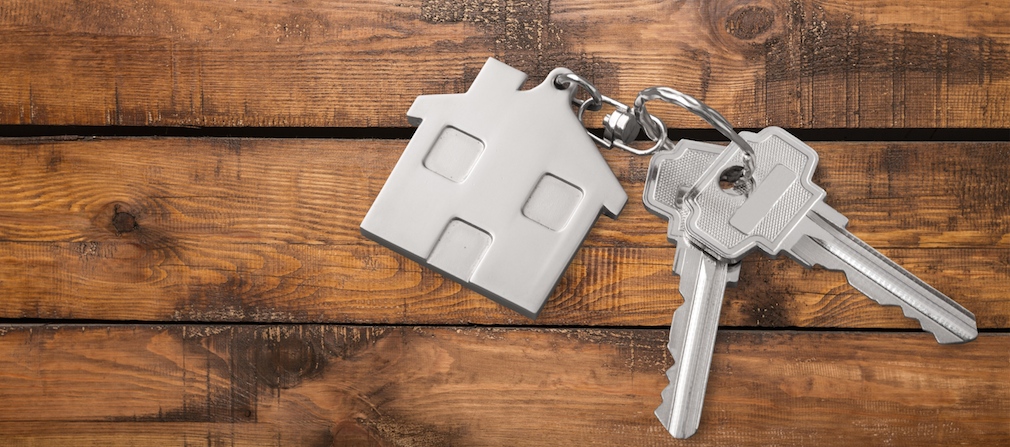The closing rate for purchase mortgages recently hit a record high, but analysts at Capital Economics warn lenders that this trend is unlikely to continue.
Why?
Blame a slowing economy.
Most often, mortgage applications are rejected because the borrower’s credit score is too low, their debt-to-income ratio is too high, or the lender does not think the house supports the purchase price.
Capital Economics said the high closing rate as of late is likely related to the fact that borrower credit scores have improved and DTIs have lowered, which would make sense given the strong economy and labor market.
But this is excepted to change as a number of key signs point to a coming economic slowdown in the months ahead, and mortgage lenders are likely to feel the effects.
“A slowing economy suggests that borrower quality will not see further improvements, and could turn down as the unemployment rate starts to increase later this year,” Capital Economics wrote. “Moreover, mortgage lenders may tighten credit score and DTI requirements in response to a slowing economy.”
This means that closing rates will likely take a hit.
After reaching a record 77.8% in February, closing rates may inch backward, moving closer to their recent average of 75% over the next year, Capital Economics said.
“Admittedly, that’s not a huge fall,” analysts wrote. “But it will act as an additional constraint on home sales, and supports our call that existing home sales will see minimal growth this year even as mortgage rates fall back.”






